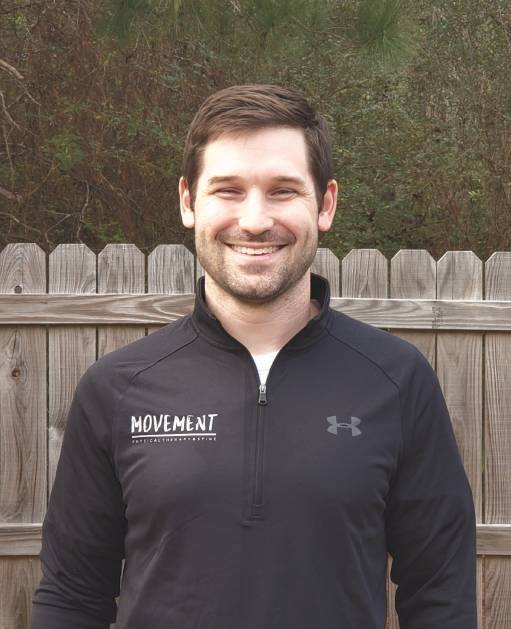1. How confident are you that this surgery will solve my problem?
Before undergoing on any orthopedic surgery, it’s natural to have concerns about its effectiveness.
By asking your surgeon about their confidence level in the proposed surgery or treatment, you gain insights into their experience and success rates.
Their response, on a scale of 0% to 100%, allows you to understand the anticipated outcome and align your expectations accordingly.
Open and honest communication with your surgeon is key to building trust and making an informed decision.
2. What are the chances that I'll need another surgery in the future to solve the same problem?
Understanding the potential need for future surgeries is crucial when considering orthopedic procedures.
While the primary goal is to address your current issue, it’s essential to evaluate the long-term implications.
By discussing the likelihood of requiring additional surgeries down the line, you can assess the durability of the proposed solution.
This information empowers you to weigh the potential benefits against the potential risks and make an informed decision regarding the best course of action for your orthopedic health.
3. If I were your mom or a loved one, would you recommend I move forward with this?
Asking your surgeon for their personal recommendation, imagining yourself as their own family member, provides valuable insight.
Surgeons often rely on their expertise and personal experiences to offer advice to their loved ones.
Their response to this question can help you gauge their confidence in the proposed surgery and the potential benefits it may bring.
Remember, your surgeon’s perspective can provide a unique viewpoint and contribute to your decision-making process.
4. In what case would you NOT recommend someone get this surgery?
Understanding the scenarios in which your surgeon would advise against orthopedic surgery is critical.
There may be instances where alternative treatments, conservative management, or non-surgical approaches would be more appropriate for your condition.
By asking this question, you gain insights into the surgeon’s comprehensive approach to patient care and their commitment to exploring all viable options.
This knowledge allows you to consider a range of possibilities and make an informed decision that aligns with your specific needs and circumstances.
Information is power
By asking these four questions, you empower yourself with vital information and gain a comprehensive understanding of your surgeon’s perspectives and recommendations.
Remember, your body and your health are in your hands, and you have the right to gather all the necessary information before making a decision.
When considering orthopedic surgery, open and honest conversations with your surgeon are essential.
By asking important questions like the ones outlined above, you can gather the information needed to make an informed decision about your health.
Each individual’s circumstances are unique, and what may be the right choice for one person may not be the best option for another.
Trust your instincts, weigh the potential risks and benefits, and seek multiple opinions if necessary.
Ultimately, the decision rests with you, and by being proactive and well-informed, you can make the choice that aligns best with your well-being and quality of life!
Dr. Dallin Page




